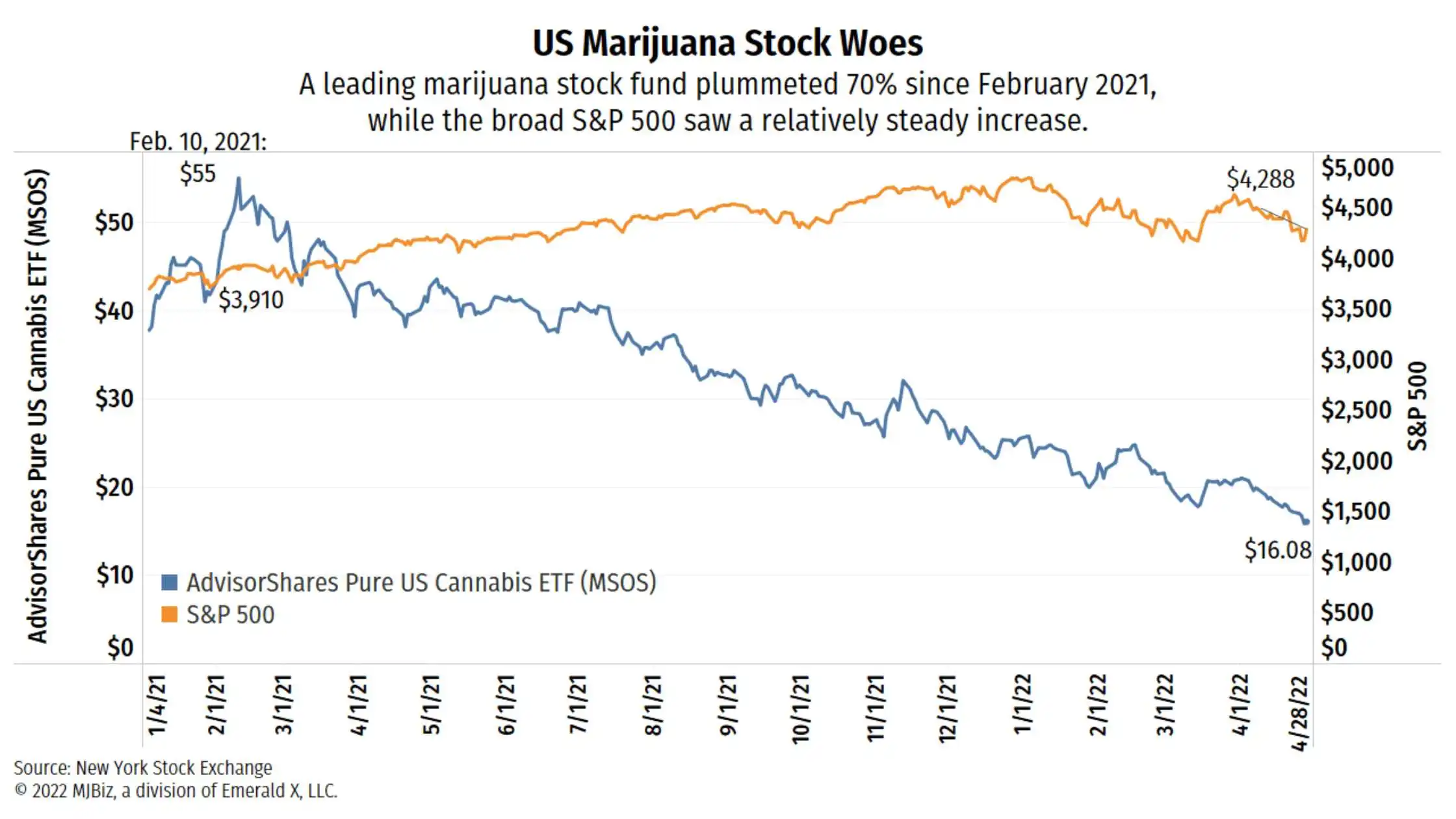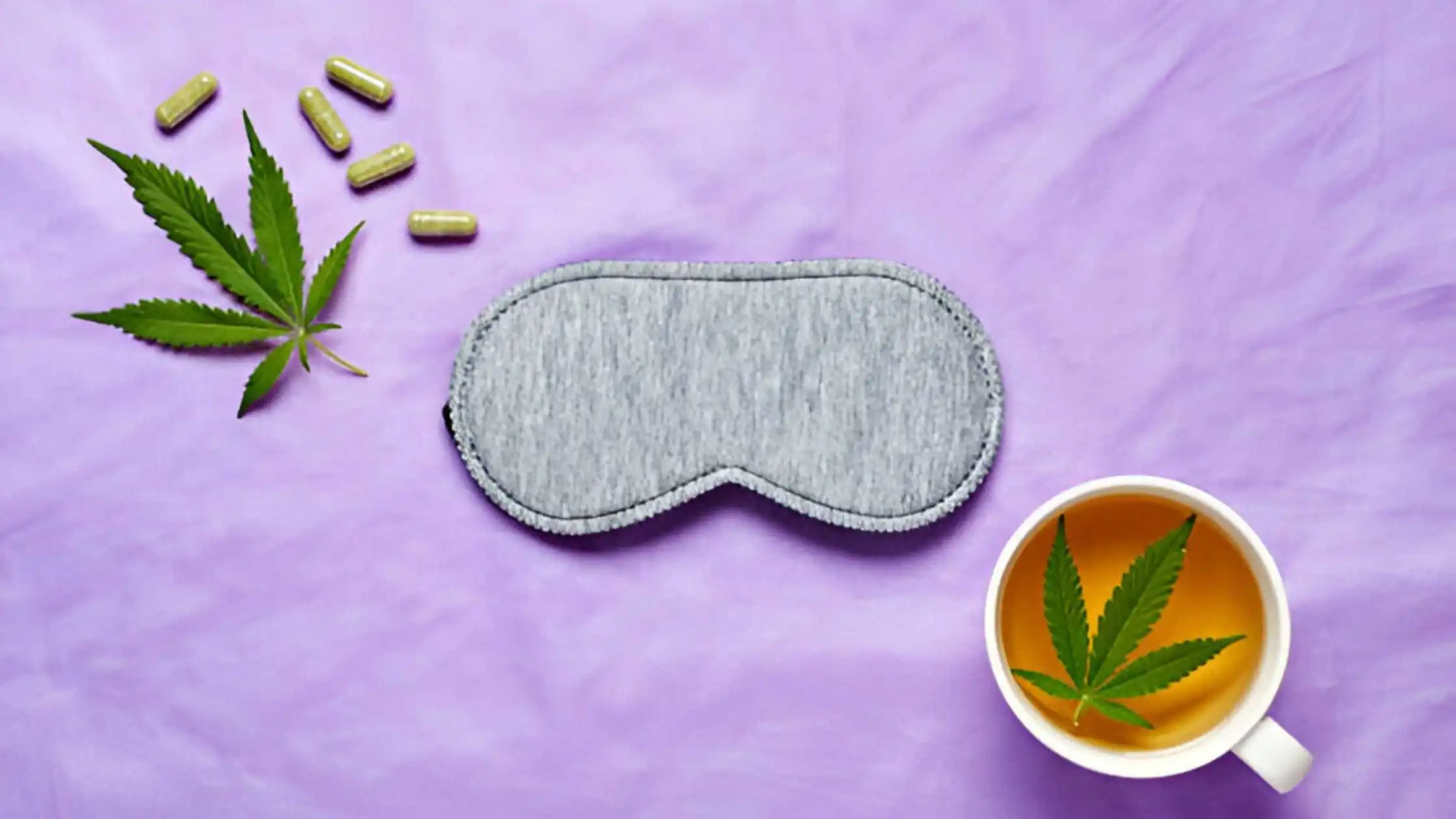Justin Clarke shares how cannabis has helped him find the freedom to enjoy life.
My quality of life has improved significantly since starting to use medical cannabis, writes Justin Clarke, who is neurodivergent, in that he is autistic and has ADHD.
I consider both my being autistic and ADHD to be linked – this is because both significantly impact my sensory processing. I consider them to be ways to describe differences in how my mind works to the perceived norm.
I suffer in terms of mental health from anxiety and depression, and I am working through complex trauma in therapy. I attribute many of my mental health struggles to the challenges of living as a neurodivergent person in a world that is frequently invalidating and rarely tries to understand or accommodate without a fight.
I’m now 33, and I was officially diagnosed as autistic during my last semester at university at the age of 22, and as being ADHD (Combined Type) just two years ago.
Autism is a lifelong neurodevelopmental difference which affects how people communicate and interact, as well as emotional and sensory processing – amongst many other things.
Autism tends to be described as a spectrum, and it can affect people in many different ways. I view it as a spectrum of varying colours and shades, with a lot of complexity, rather than as a straight line that goes from ‘mild’ to ‘severe’. Things aren’t that simple at all.
Functioning labels such as ‘high functioning’ and ‘low functioning’ have been in decline in recent times as we begin to recognise and accept that one’s level of “functioning” is not static and can vary significantly from day to day, depending on how it is defined and by whom.
I describe the sensory overwhelm I often experience as having all my senses with the sliders turned up on a figurative stereo equaliser, with no ability to turn them down.
Cannabis makes them easier to control and process.
Meanwhile, ADHD is a neurodivergence that can involve impulsive behaviours and unusual levels of hyperactivity, as well as difficulties with motivation and attention span.
As with autism, it is usually diagnosed in childhood, and the way it affects people can vary significantly. They are commonly described as three types; ‘Inattentive’, ‘Impulsive’, and ‘Combined’.
Justin Clarke, 33.
Discovering cannabis
I was first prescribed medical cannabis for anxiety following the establishment of Project Twenty21 by Drug Science in 2020.
Anxiety has been a frequent visitor and presenter of challenges to me as a neurodivergent person living in a world designed for the fabled ‘default human’ or neurotypical.
Sensory and social anxiety are the primary forms of anxiety that I find cannabis to be helpful for – the way it helps with these mainly is by allowing me to filter better and modulate my senses.
When I am not experiencing sensory overwhelm, I am more socially relaxed and can better participate in conversation. I don’t get overloaded so quickly by lots of sensory information of different kinds coming in at once.
I can better ‘tune in’ to sensory experiences such as eating food and listening to music. I can enjoy these things without cannabis, but it helps me to better immerse myself in them and the experience.
With my sensory processing figuratively eased by cannabis, I also find that executive functioning-related challenges, such as staying focused and motivated on tasks, become more achievable.
Social situations
My quality of life has improved significantly since starting to use medical cannabis.
Another thing I find cannabis helpful for is social situations and being around people, such as in crowded places such as music gigs. This, again, is mainly because of how it enables me to tolerate sensory discomfort and anxiety better. With its help, I can feel more relaxed in crowds and unfamiliar social situations.
I am also working through some emotional trauma in therapy and have found cannabis to help enable me to talk more openly, as well as alleviate some of the trauma-related anxiety that has sometimes resulted from my sessions.
A gentler medication
From 2014 to 2018, I was prescribed sertraline, an antidepressant that belongs to a group of drugs called selective serotonin reuptake inhibitors. I would describe it as having been emotionally numbing most of the time, although it was helpful in some ways.
Using cannabis for my anxiety and depression has enabled a far better quality of life compared with sertraline in hindsight. It has mainly been helpful in topically alleviating anhedonia – the loss of the ability to enjoy things.
I’ve also taken prescribed amphetamines to cope with ADHD, which have been helpful at times, depending on the situation. Still, they kill my appetite and disturb my sleep, so I tend to use cannabis alongside them to calm down and stimulate my appetite.
Both help my concentration and motivation in different ways; however, cannabis is far gentler.
Amphetamines are like an on-switch, whereas cannabis gives me the freedom to choose to tune in to what I’m doing and often tends to induce a state of calm curiosity in me.
More often than not, I’ve been able to replace my use of amphetamines with medical cannabis entirely. Unfortunately, with it only available privately, it is significantly more expensive, which means replacing the NHS-prescribed stimulants with them entirely isn’t yet really an option.
Disclaimer: https://cannabishealthnews.co.uk/2022/04/29/cannabis-neurodivergence-it-helps-tune-in-sensory-experiences-anxiety22





